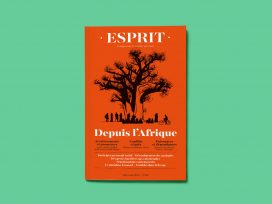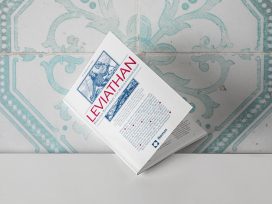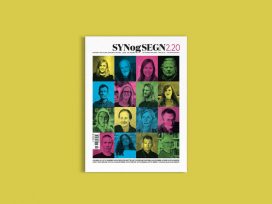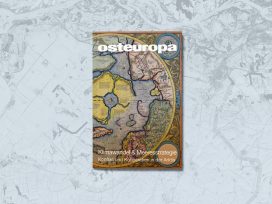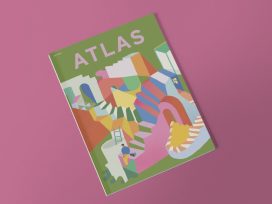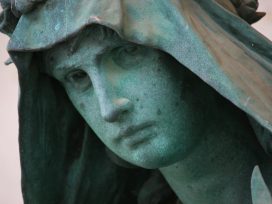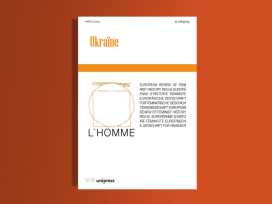‘Syn og Segn’ explores pandemic life through poetry, reportage and history. Why the crisis has made migrant lives harder still; how today’s risks pale in comparison with those of the past; and a corona chronicle and other poems.
New Syn og Segn editor Janne Nygård observes that one effect of the pressures on women during lockdown has been to curtail time for serious writing. She quotes Elizabeth Hannon, editor at the British Journal for the Philosophy of Science: apparently, journal submissions from women declined sharply during the corona crisis. Syn of Segn will not tolerate gender imbalance: ‘My determination to achieve equality is unwavering.’
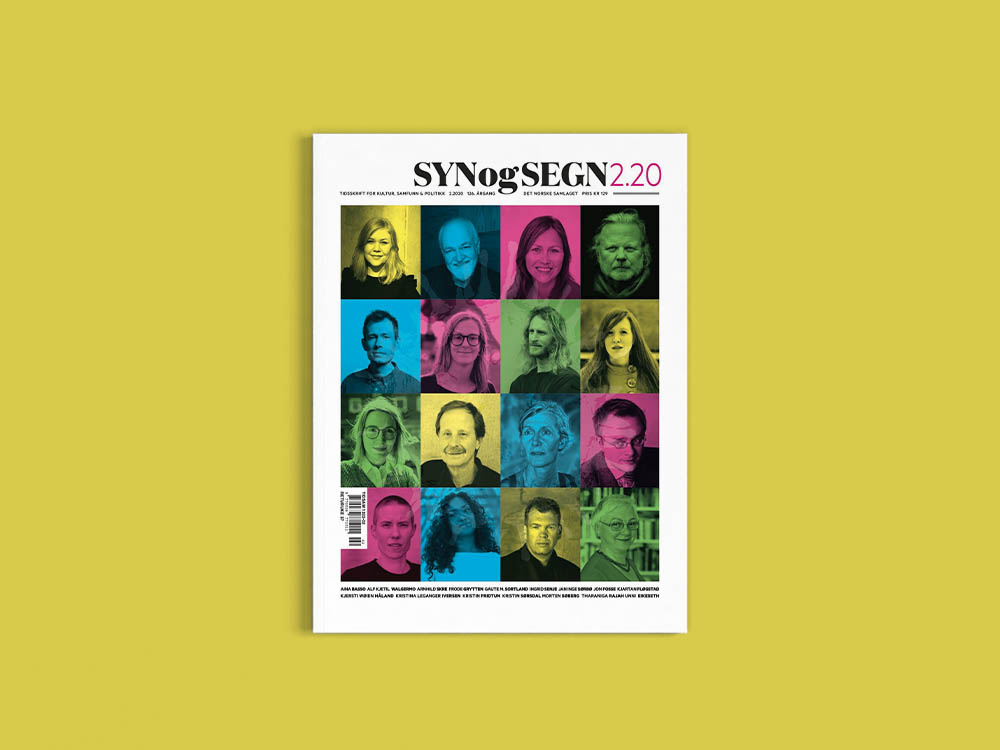
Crisis and wanderlust
Contributors recognise the forbidden desire to travel, even if just going on ‘a journey to the post office’, and some resent the ‘safety addiction’ that stops them. But migration is another matter. Kristin Sørsdal, who works in a Norwegian reception centre, writes that the crisis has made migrant lives even more difficult. Europe’s wish to help is fading, she feels, and so sends a text to a boy in Italy, who travelled there from Gambia via Senegal and Libya: ‘Stop believing in adventures. You’ll never get out of Italy. You haven’t even got a permit to stay there.’ She receives a photo of a German road sign in reply: ‘The sender never lost his belief in adventures.’ Travelling by bus from Milan, through pandemic ‘red zones’, he had arrived in a safe place.
Pandemic history
Arnhild Skre remembers two women, Hulda Garborg and Fernanda Nissen, who in 1920 set out to observe the state of post-war Germany, oblivious of any lingering risks from the 1918 flu pandemic. A ‘second wave’ caught up with them both and Nissen died. Skre reflects on their risk-taking: ‘In 1920, WWI dominated all narratives. Until recently, the climate did. Now, fear of infection directs our thoughts and changes daily life. It will pass, and the virus will be forgotten. I hope that the appetite for life will remain’.
Aina Basso has surveyed the European history of pandemics and notes that ‘Europe was spared for 600 years after the last episode of the Plague of Justinian in the eighth century, but during the 300 years that followed the 1347 outbreak of the Black Death, epidemics recurred every 10 to 15 years.’ Basso’s account of human suffering ends hopefully: ‘While we patiently keep away from others and wash our hands, it might be good to remember that historically epidemics were fought with just such measures but without vaccines and medicines.’
Lockdown poetry
Frode Grytten’s witty prose-poem is entitled ‘7 April 2020’, the day when some of the restrictions in Norway were lifted. It lists personal and public daily events that took place during the preceding months. Grytten’s poem introduces a selection of ‘corona poetry’, ranging from Jon Fosse’s nature romanticism in ‘Flat stones’ to Tharaniga Rajah’s reflections on fear in ‘I draw breath – a poem about death’.
More articles from Syn og Segn in Eurozine; Syn og Segn’s website
This article is part of the 15/2020 Eurozine review. Click here to subscribe to our weekly newsletter to get updates on reviews and our latest publishing.
Published 26 August 2020
Original in English
First published by Eurozine
Contributed by Syn og Segn © Eurozine
PDF/PRINTNewsletter
Subscribe to know what’s worth thinking about.
Related Articles

Conservatives in Ireland appeared to have lost the battle of ideas that now shapes the country. They were defeated by a cosmopolitan liberalism which set itself the task of dismantling the remnants of Irish Catholic identity. But a course correction may be under way.
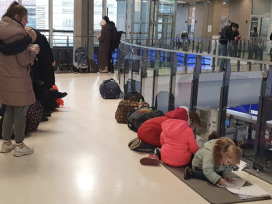
'It’s important to be open'
A Knowledgeable Youth podcast
Remaining in a new country or returning home? The Knowledgeable Youth podcast delves into the complex decision-making refugees face when migrating, together with researcher Olena Yermakova.
